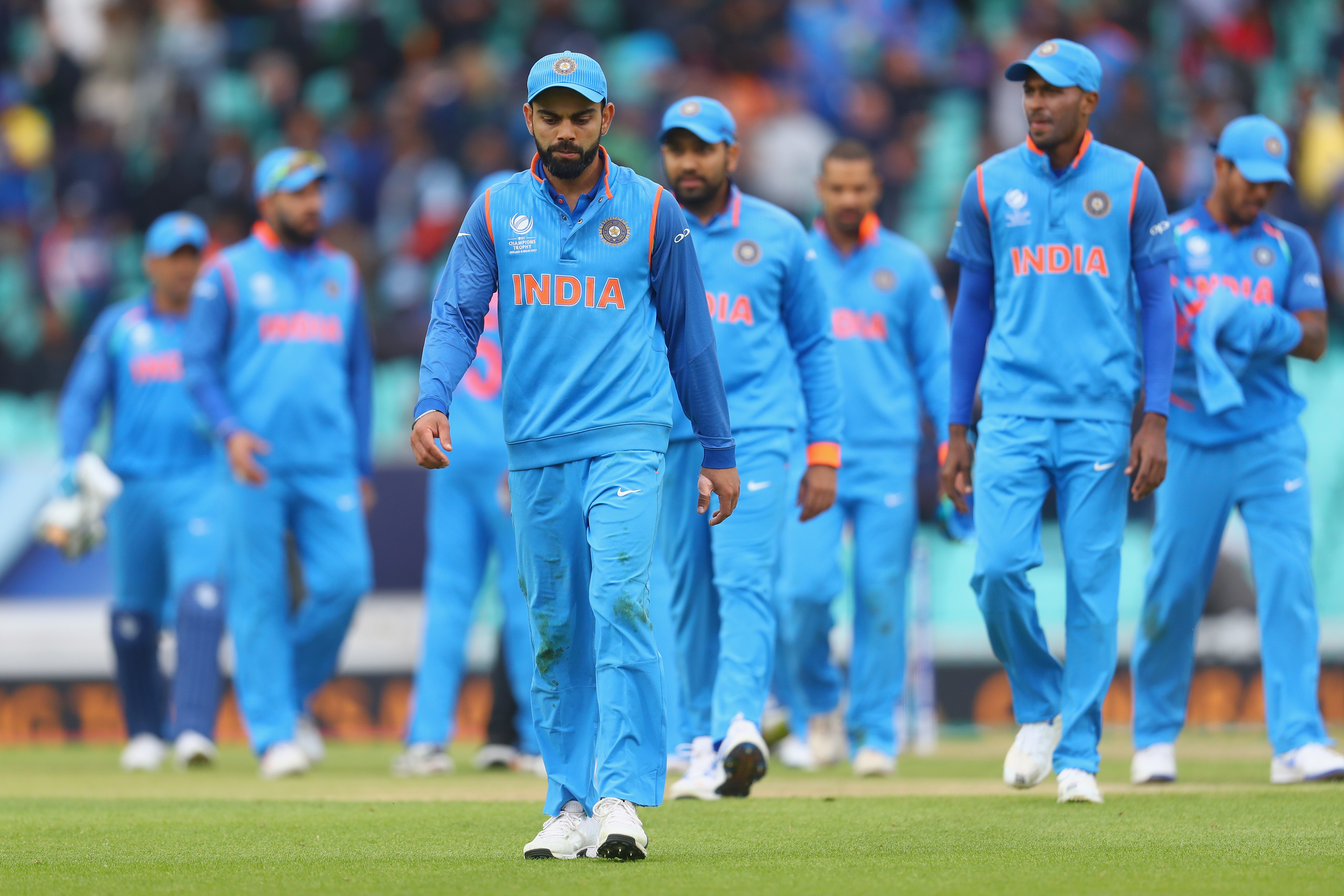Connecting physical and mental health of cricketers during pandemic

When the world is in turmoil and there is no sport to make it any better, the situation is an unprecedented and undefeatable tragedy. As much as it has affected the fans all around the world, the physical and mental impact on cricketers is unimaginably painful and breathtakingly ruthless.
Before the chaos began and the world turned upside down, due to the coronavirus-induced pandemic, there was familiar anticipation around the world as we waited for the IPL to begin. But as ruthless and unpredictable the universe is, all sports have now been either deferred or cancelled. Rewind four weeks when the world was yet to meet the chaos in its most elevated form. All Sports was held in its true form, unperturbed and free-flowing.
The preparation for the opening match of the 2020 IPL is in full swing and it would be a repeat of the last year's final with defending champions Mumbai Indians taking on Chennai Super Kings at the Wankhede Stadium on March 29. The tournament would start only 11 days after India's home ODI series against South Africa ends on March 18 in Kolkata. Meanwhile, England and Sri Lanka would be giving a treat to the purists- the Test Cricket fans.
But then the never-seen-before pandemic happened and changed destiny, beyond human control. Amidst the postponement and cancellation of all events, were cricketers stranded without exercise and access to the field and an unforeseen mental coping situation. We are all aware that physical injuries are part of every sport and many cricketers till date have succumbed to it.
But with those failures sometimes comes the mental pressure of feeling claustrophobic because of the lack of sport. Sometimes, it can be personal too and depression will almost never show its face. Think about last year when Glenn Maxwell, a cheerful and witty guy on the field, took a sabbatical due to his fight with depression. Since then many cases have come up front even though the mental health aspect is still a taboo, whether said or unsaid.
For Maxwell, it was a much-needed voluntary sabbatical, but coming back to the game and playing it out again is as difficult as in cases of forced breaks. Such is the situation now that players are at their homes, put away from sports and we have little clue about how they’re coping up because, after all, they can’t work from home like us. Meanwhile, I had the opportunity to speak to a senior physiotherapist Niraj Karamchandani, who has been working with the Vidarbha cricket team since 2016 and he has accepted that this was something the world was unprepared for, the remedies are not unknown to them, especially the cricketers.
“Okay. Well. They can maintain basic physical fitness at home too. There are a lot of exercises one can do without instruments, and players are the best people to be known of that. Except for strength training, they can engage in body-weight exercises and core conditioning which is the mainstay of basic fitness. And for more specific training, all they need is one thread band and small loop band. They can easily have a good 45-50 minutes session a day,” Karamchandani told SportsCafe.
While he did admit that despite all the home training there might be some negative effect on their physical, he also highlighted the mental aspect on the go.
“There will definitely be some deconditioning. But they can prepare themselves by some maintenance which will help them, later on, to reach faster in previous fitness level. This thing will definitely affect their mental health because of the body's physical and mental adaptation to regular training. De-training will affect their psychological well being,” he admitted.
The challenges that come with physical de-training is straining on the body but is still avoidable, according to the physiotherapy expert. Meanwhile, ‘mental de-training’ will be all the more challenging. However, he did bridge the gap between the two major humane aspects of a sportsman and highlighted it for us.
“We cannot completely avoid that mental de-training, but again being physically active will prepare them mentally as well. Along with this, mental practice of visualisation (motor imagery) will help them to be in that scenario,” Karamchandani added.
When asked if the players were trained for such unprecedented situations, the answer was brutally honest that the current circumstances are the toughest that sport had to go through. But as life gets tougher, the people who actually play the sport get organically accustomed to doing what is best for them.
“I guess no one would have thought about such a situation and prepared for it. This is for the first time when players are not able to train themselves for so long. And they are one of those who have to bear the brunt of this situation, by being away from their sport and fitness,” he concluded.
Depending on the dire situation the players are in, there can be two ways to look into the future. While some believe that this hiatus can be seen as a break for players to readapt themselves, it can also have a negative effect on players who are more active. But that brings us down to the fact that players are individuals and each individual would react differently under these circumstances. Hence, what Cricket Australia and Mickey Arthur are planning individual programmes for the players. Meanwhile, players like Ajinkya Rahane have also voiced their general awareness of mental health owing to the situation. That simply brings out the distinctiveness of all cricketers and probably that’s the way to go for it, above and beyond what players can do for themselves.